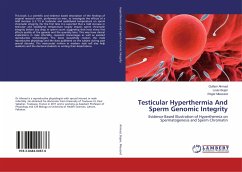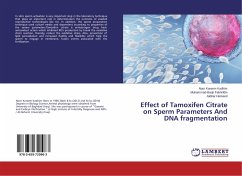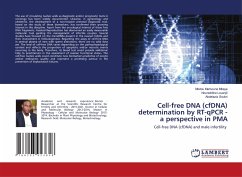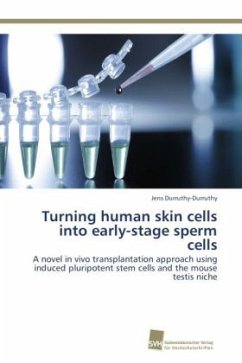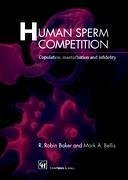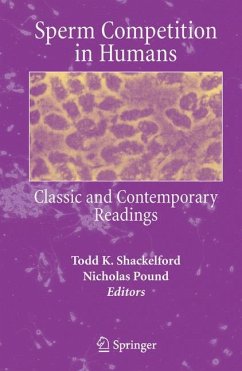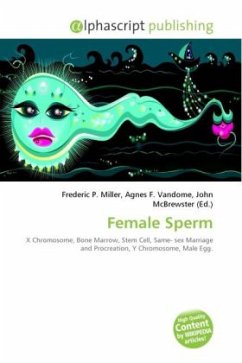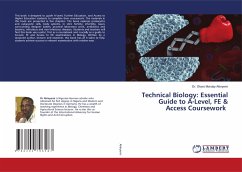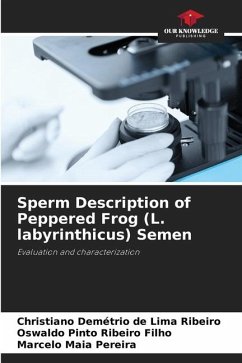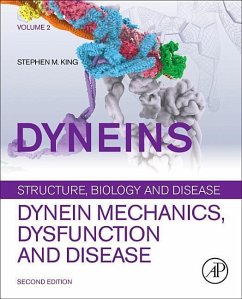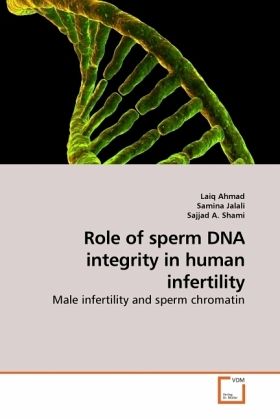
Role of sperm DNA integrity in human infertility
Male infertility and sperm chromatin
Versandkostenfrei!
Versandfertig in 6-10 Tagen
52,99 €
inkl. MwSt.

PAYBACK Punkte
26 °P sammeln!
The study, comprised of 34 fertile and 187 infertile males, was conducted primarily to observe the age dependent changes in modified semen parameter of infertile subjects categories in Pakistani population. Secondly, the sperm DNA damage was estimated in three age groups (20-29, 30-39 & 40- 49 years) of fertile and infertile subjects categories, by the comet assay, with raw, swim up, and Percoll density gradient centrifugation preparation procedure, before and after cryopreservation. Among infertile subjects a significant (P0.05) negative trend towards age was observed, by multiple regression ...
The study, comprised of 34 fertile and 187 infertile males, was conducted primarily to observe the age dependent changes in modified semen parameter of infertile subjects categories in Pakistani population. Secondly, the sperm DNA damage was estimated in three age groups (20-29, 30-39 & 40- 49 years) of fertile and infertile subjects categories, by the comet assay, with raw, swim up, and Percoll density gradient centrifugation preparation procedure, before and after cryopreservation. Among infertile subjects a significant (P0.05) negative trend towards age was observed, by multiple regression model, for sperm concentration and sperm motility percentage. In pre and post cryopreserved samples, Percoll density procedure showed the highest sperm DNA integrity. Moreover, the trend of sperm DNA damage in fertile and infertile subjects with cryopreserved samples was as that of fresh samples and of age dependent. The combination of sperm DNA integrity analysis and semen analysis have better prognostic ability for ART procedures success and may help to predict the cause of male infertility and miscarriages.



